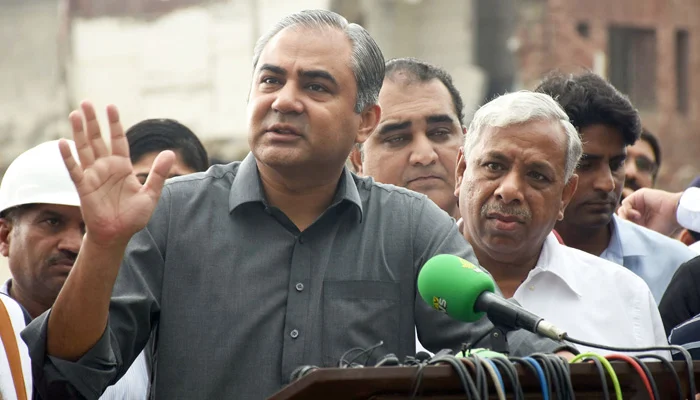The future of Asia Cup 2025 hangs in the balance after India issued a warning to boycott the tournament. The controversy centers on Pakistan Cricket Board (PCB) Chairman Mohsin Naqvi’s decision to attend the ICC Annual General Meeting (AGM) virtually, rather than appearing in person in Singapore. The move has sparked backlash from several cricket boards, adding fresh uncertainty to one of the most awaited events in Asian cricket.
Despite the event’s importance, Naqvi chose not to travel to Singapore. Instead, PCB Chief Operating Officer Sameer Ahmed Syed is physically representing Pakistan at the meeting. Naqvi is participating online from Pakistan.
This decision has not gone over well with India and other cricket boards including Afghanistan, Oman, and Sri Lanka.
Dhaka Meeting Adds Fuel to Fire
Complicating matters further, Naqvi has called for a separate Asian Cricket Council (ACC) meeting to be held in Dhaka. The meeting has been scheduled without the consent of some key member boards, escalating tensions.
Indian media has criticized this move, claiming that any decisions made at the Dhaka meeting—without India, Sri Lanka, Oman, and Afghanistan—will carry little weight. India has demanded a change in venue, insisting that the tournament’s future depends on it.
Sources close to the ACC suggest that Naqvi is unlikely to shift the meeting location. His firm stance has further widened the rift among member boards.
Tournament Schedule in Jeopardy
The Asia Cup 2025 is tentatively scheduled for September and will follow the T20 format. India is set to host the tournament. However, the ongoing dispute over meeting protocols and venues has cast doubt on whether all participating teams will commit to the event.
While speculation had previously hinted at India possibly pulling out due to deteriorating relations with the PCB, Jay Shah had earlier dismissed such claims. Now, however, with India threatening to boycott over Naqvi’s virtual presence, those fears are back on the table.
ACC Seeks Compromise
To contain the dispute, the ACC has offered a flexible solution: allowing member boards to join the Asia Cup planning meeting virtually, if they are unable to attend in person. This proposal aims to maintain inclusivity and cooperation.
Still, even with this option available, India’s objections remain strong. If the standoff continues, the entire structure and execution of the Asia Cup could face serious disruption.
Read: Mbeumo Joins Man Utd in £71m Move After Breakthrough
PCB’s Strategic Silence
So far, the PCB has remained largely silent on the growing controversy. Chairman Naqvi has not publicly addressed India’s demands or the criticism surrounding his decision to participate virtually. However, insiders believe he is determined to retain his course and proceed with the Dhaka meeting.
By choosing not to concede, the PCB risks further alienating key stakeholders. This could have consequences not only for the Asia Cup but also for future collaborations under the ACC umbrella.
High Stakes for Regional Cricket
The Asia Cup has long been a vital platform for Asian cricketing nations. The tournament allows regional teams to prepare for global events while also boosting fan engagement and commercial revenues. Disruption of such a high-profile event could impact the sport’s momentum in the region.
Given India’s central role in the sport’s finances and global influence, its participation is seen as critical. A boycott could reduce viewership, sponsorships, and the overall stature of the Asia Cup.
What’s Next?
As the ICC meeting continues in Singapore, the pressure is mounting on both the PCB and ACC to find a resolution. Whether through compromise or confrontation, the decisions made over the next few days will likely shape the fate of the Asia Cup 2025—and perhaps redefine how cricket diplomacy is handled in the region.
Follow us on Instagram, YouTube, Facebook,, X and TikTok for latest updates
